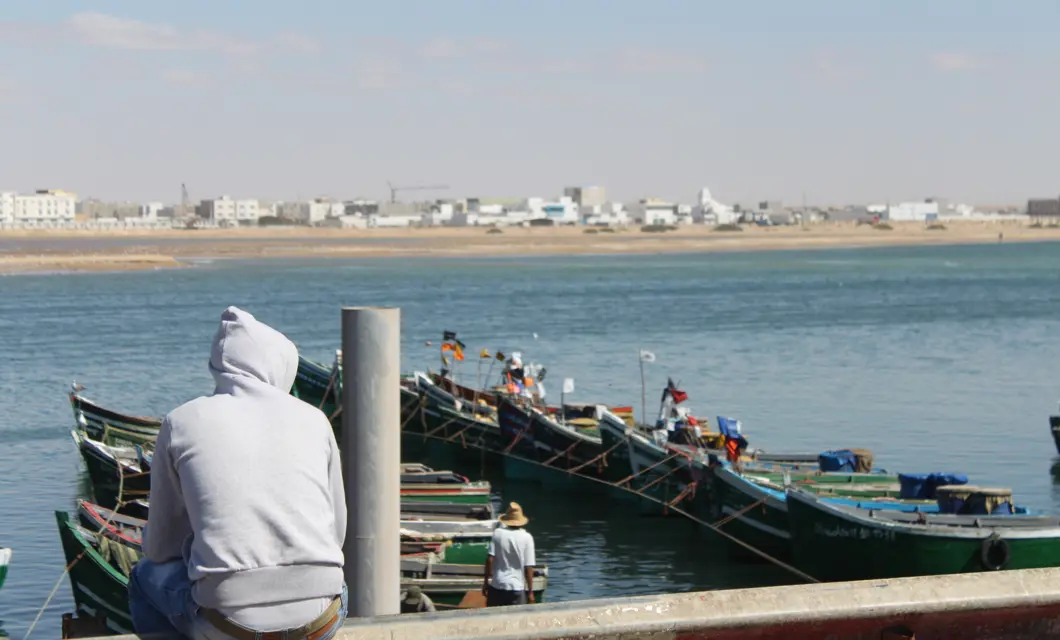
Location successfully changed to English (Global)
- Select a region
- English (Global)
- English (Asia)
- English (USA)
- 中文
- Deutsch
- Español
- Français
- 日本語
- Polski



Common octopus (Octopus vulgaris) is a popular delicacy in the European seafood market but tracing back to the source can be challenging.
Octopus is extensively consumed in several EU Member States, particularly those in the Mediterranean region. European domestic production falls short of meeting the rising consumer demand, and most of the octopus consumed in Europe is imported from third countries, primarily as frozen whole products sourced from Morocco and Mauritania. Spain stands out as a leading European importing and re-exporting country both within and outside Europe.
The EU is a growing importer of Moroccan octopus. According to EUMOFA, in 2022 Morocco exported 40,044 tonnes of octopus to the EU, for a total value of € 470,388,046. But while this octopus is sold as Moroccan, it is very challenging to trace the exact origin of the product.
Some octopus is caught in Northern Morocco, but a significant number of catches occur in the waters off Dakhla, a major fishing hub in southern Western Sahara. Once landed in Agadir (Morocco) the octopus is exported to the EU, mainly to Spain, where it is sold as a Moroccan product.
This lack of transparency and traceability may hinder due diligence processes throughout the octopus value chain and, therefore, compliance with forthcoming due diligence legislation.
The provision of information to consumers must enable them to make informed choices, with particular regard to health, economic, environmental, social, and ethical considerations. However, given the non-exhaustive nature of this list (…) other types of considerations, such as those relating to the observance of international law, may also be relevant in that context.
- Judgment of the Court of Justice of the EU, 12 November 2019, Organisation juive européenne and Vignoble Psagot

The complex dispute over the sovereignty of Western Sahara, currently under the leadership of the United Nations, and the self-determination rights of the Saharawi people makes the involvement of European seafood companies, especially processing companies, importers, retailers, and their investors, potentially problematic.
There are concerns about potential human rights violations directly or indirectly linked to multinational corporations’ activities in Western Sahara, including the exploitation of natural resources without the consent of the Saharawi people, which impairs their right to access and dispose of their natural resources. This creates tangible financial, reputational and litigation risks for stakeholders involved in the octopus value chain from Western Sahara, while a lack of traceability may mislead consumers and trigger consumer protection laws.
As a European seafood company, if you’re trading in Western Saharan octopus, you are likely facing hidden risks. Avoiding causing or contributing to environmental degradation or human rights violations starts with understanding them.